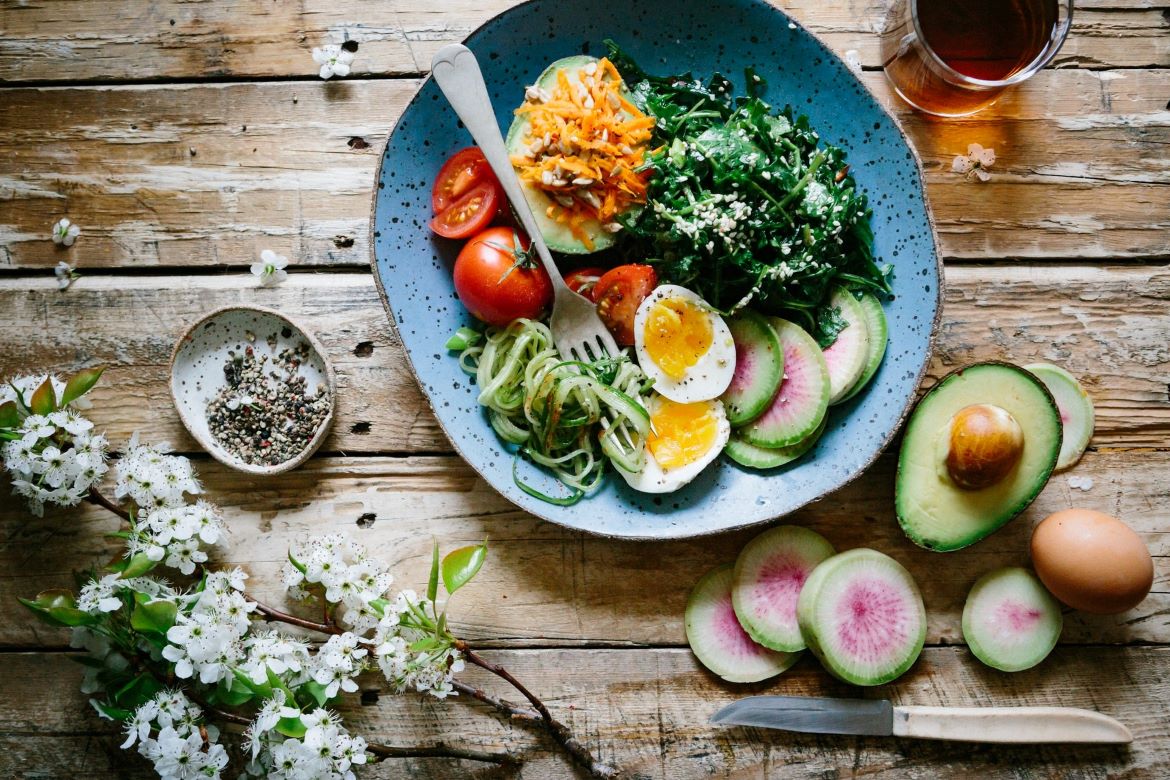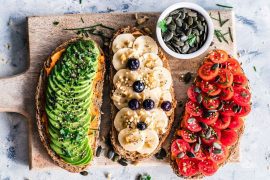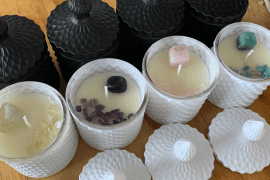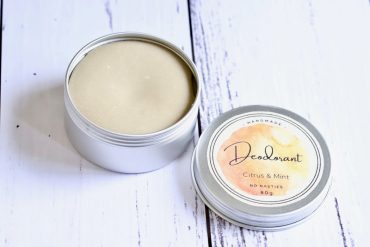By Sofia Potente
We were once told by a top gastroenterologist that food had nothing to do with my son’s severe reflux and digestive issues.
Let’s just say I was surprised (to keep it polite!) and through our own experience, we later found that the total opposite was true.
With a gut healing diet and integrative health approach supported by our doctor, we were able to eliminate his symptoms (reflux, constipation and bloating) and wean him off his medications over time.
Thankfully, the research also backs up that food plays a critical role in digestive function and symptoms and should be a primary focus of any digestive protocol.
So which foods should we eat for a healthier gut?
While there is no one size fits all, here are 7 anti-inflammatory foods that promote healthy digestion and bacterial balance.
- Leafy greens – feeds the beneficial bacteria in your gut.
- Ginger – anti-inflammatory, stimulates digestion and eases upset stomachs.
- Bone Broth* – contains collagen, proline and glycine that can help repair the intestinal lining.
- Fermented foods* – foods like sauerkraut, coconut kefir or apple cider vinegar promotes healthy bacterial balance.
- Healthy fats like olive oil, avocado, walnuts, wild caught fish and coconut. These promote nutrient absorption and healthy microbes in the gut. Wild fish and walnuts are high sources of Omega 3 fats.
- Sprouted seeds* – chia, flaxseed or hemp seeds – these nutrient-dense foods promote bowel regularity and help stabilise blood sugar.
- Garlic* – helps to maintain a healthy microbiome by killing off hostile bacteria and feeding good bacteria in the gut.
BUT, there’s a catch! Some of these ‘healthy’ foods can trigger your symptoms until your gut has healed.
*Bone broth and fermented foods are high in histamines, which some are intolerant to.
*Garlic is a high FODMAPS food – it can trigger bloating and discomfort in those intolerant to FODMAPS.
*Seeds are high in lectins – for some, these can be difficult to digest.











